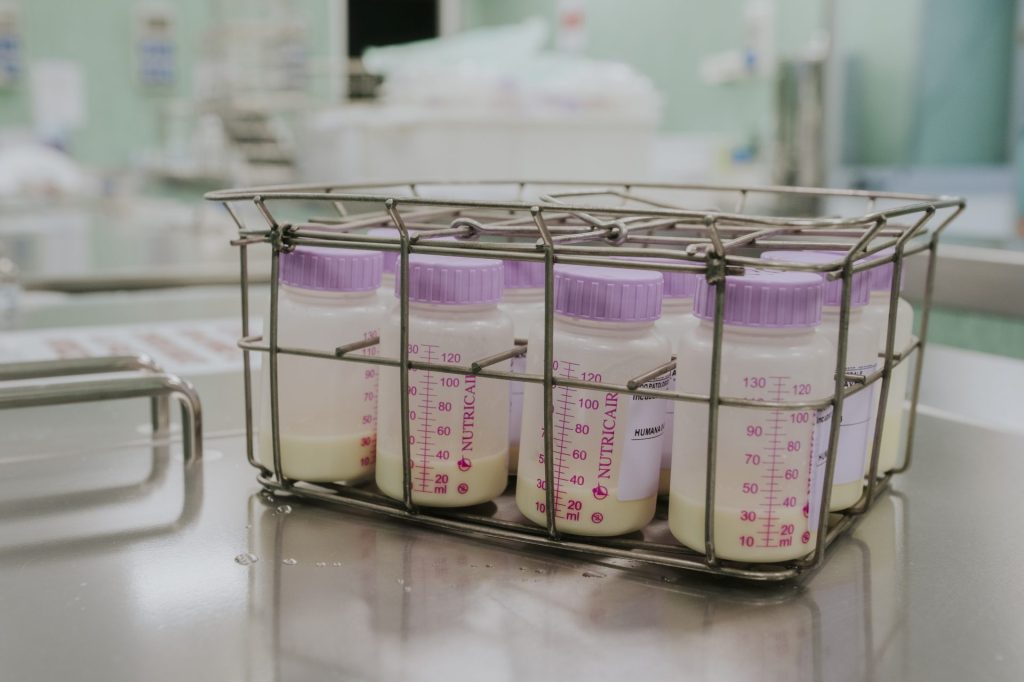
The Food and Drug Administration (FDA) is investigating a recall of certain brands of frozen organic strawberries. According to the official website, the food item has been connected to an “outbreak” of the Hepatitis A viral infection.
FDA & CDC are investigating an #outbreak of hepatitis A virus linked to imported frozen organic strawberries sold to a variety of retailers under multiple brand labels. Learn more at: https://t.co/U97tcl0h3a
— FDA FOOD (Ctr for Food Safety & Applied Nutrition) (@FDAfood) March 17, 2023
Kirkland’s Issued A Recall On Bags Of Its Frozen Organic Strawberries
The FDA’s investigation was prompted by a vendor, California Splendor, Inc., recalling bags of Kirkland’s Frozen Organic Whole Strawberries on March 16. According to the administration’s announcement, the vendor recalled 4-lb. bags of Kirkland Signature Frozen Organic Strawberries. The bags were reportedly sold at Costco stores in Los Angeles, California, and Hawaii. As well as two business centers in San Diego, California.
California Splendor, Inc. Recalls Kirkland Brand Bags of Frozen Organic Whole Strawberries Distributed by Costco in Los Angeles, Hawaii, and in Two San Diego Business Centers Because of Possible Health Risk https://t.co/o6nthoe1z4 pic.twitter.com/qoSueccCwj
— U.S. FDA Recalls (@FDArecalls) March 17, 2023
At the time of the announcement, Hepatitis A had not been detected “on this product.” However, “out of an abundance of caution,” the vendor and FDA encouraged consumers to halt consumption and return the item for a full refund.
The lot numbers for this initial recall can be found here.
Additionally, the vendor “ceased” production and distribution of the product, as the FDA began a full investigation.
A Scenic Fruity Company Recalls Their Frozen Organic Strawberries
According to the FDA, Scenic Fruit Company soon after issued a recall on their frozen organic strawberries.
Scenic Fruit Company Recalls Frozen Organic Strawberries and Frozen Organic Tropical Fruit Blend Because of Possible Health Risk https://t.co/zcPnAISkzj pic.twitter.com/HpAPQ0dNXz
— U.S. FDA Recalls (@FDArecalls) March 17, 2023
The items were reportedly sold at Costco, Aldi, KeHE, Vital Choice Seafood, and PCC Community Markets in Washington. In addition, the company also recalled its frozen organic tropical blend which was sold at Trader Joe’s nationwide.
At this time, the stores that received the products were located in the states of Arizona, Arkansas, California, Illinois, Iowa, Michigan, Minnesota, Missouri, North Dakota, South Dakota, Ohio, Wisconsin, Idaho, Montana, Oregon, Utah, and Maryland, as per this report.
Consumers can use the above link to determine if they have an impacted bag of frozen fruits by referring to UPC barcodes and product “best by dates.”
More About Hepatitis A & Important Information For Consumers
On March 17, the FDA shared an additional update, summarizing the retailers and frozen food batches involved in the viral outbreak.
FDA & CDC are investigating an #outbreak of hepatitis A virus linked to imported frozen organic strawberries sold to a variety of retailers under multiple brand labels. Learn more at: https://t.co/U97tcl0h3a
— FDA FOOD (Ctr for Food Safety & Applied Nutrition) (@FDAfood) March 17, 2023
In addition, the FDA also shared more details about the “highly contagious” Hepatitis A viral infection. According to its website, illness from Hepatitis A usually occurs within 15-50 days “after eating or drinking contaminated food or water.” Symptoms include “fatigue, nausea, vomiting, abdominal pain, jaundice, dark urine, and pale stool.”
However, in children under the age of 6, the infection can be asymptomatic. This means “producing or showing no symptoms,” as per Oxford Languages.
Additionally, while the FDA’s investigation is still ongoing, it is recommended that consumers do not “sell, serve, or eat recalled frozen strawberries.” If a person has ingested frozen strawberries within the past two weeks and is not vaccinated against Hepatitis A or is noticing symptoms of the infection, it is recommended that they see a doctor immediately.
According to the CDC, the symptoms of Hepatitis A can “last up to 2 months.” In rare cases, the infection can “cause liver failure and even death.”
The FDA’s Findings Thus Far
Furthermore, the FDA has discovered that the affected frozen strawberries originated from “certain farms located in Baja California, Mexico.” The food item has been sold “to a variety of retailers under multiple brand labels.”
🚨🚨 Strawberry recall https://t.co/v7xtyEGXnk
— Sherry Krauss (@sherry6767) March 18, 2023
Thus far, 5 people are said to have the illness, and 2 people are hospitalized. The individuals are reportedly all located in Washington. Additionally, the strain of Hepatitis A which prompted the current outbreak also matches the strain that caused an outbreak in 2022, as reported by CNET.
There have been no deaths from the infection. However, distribution of the frozen strawberries is currently listed as “nationwide.”
















